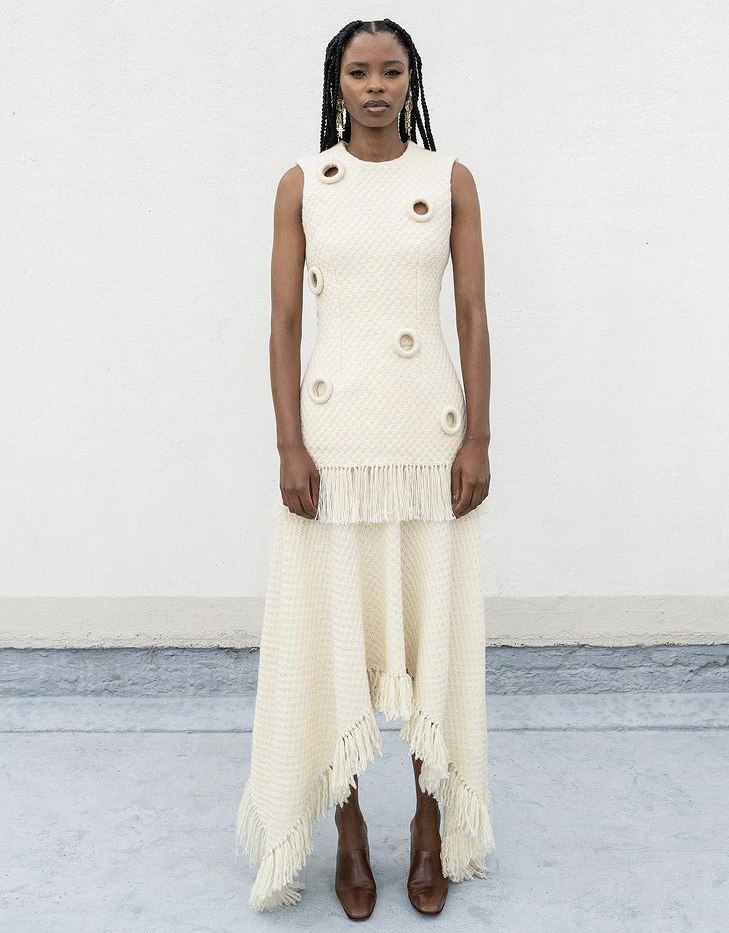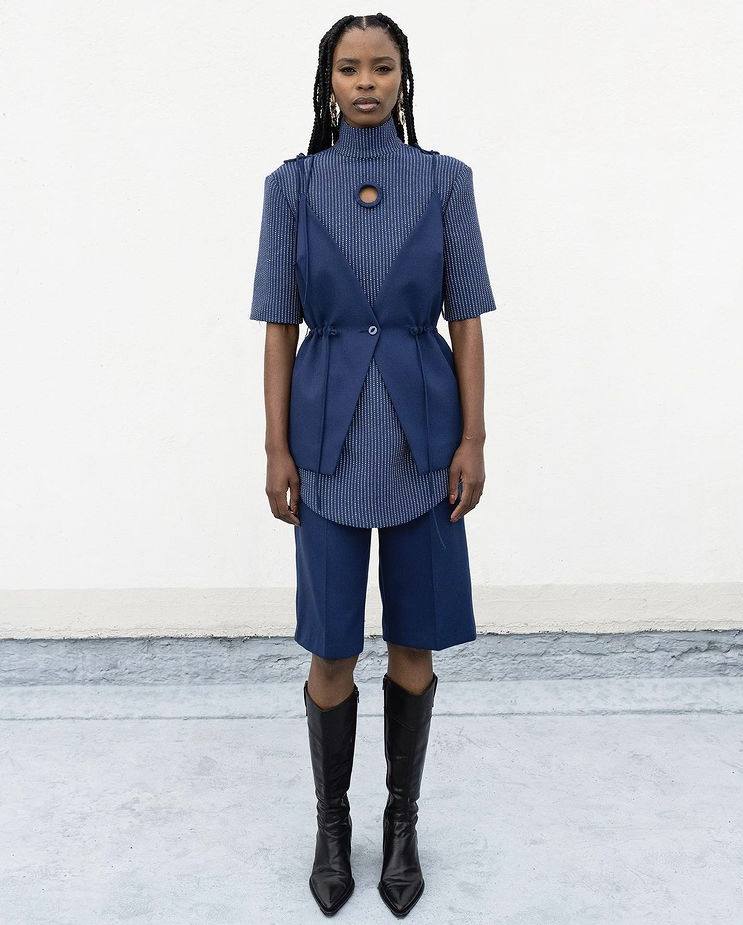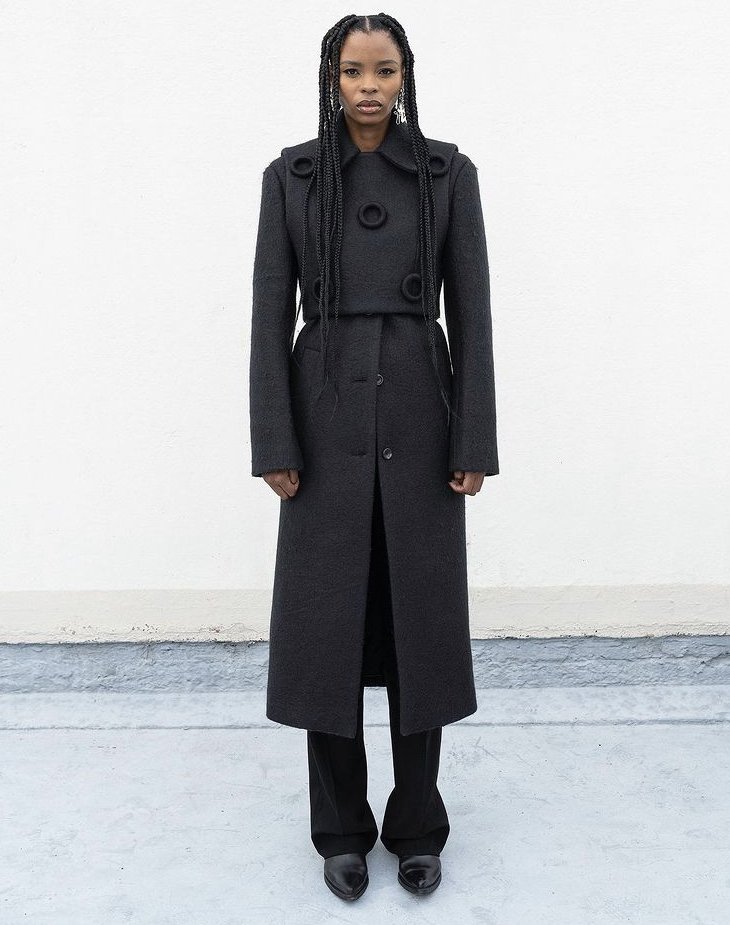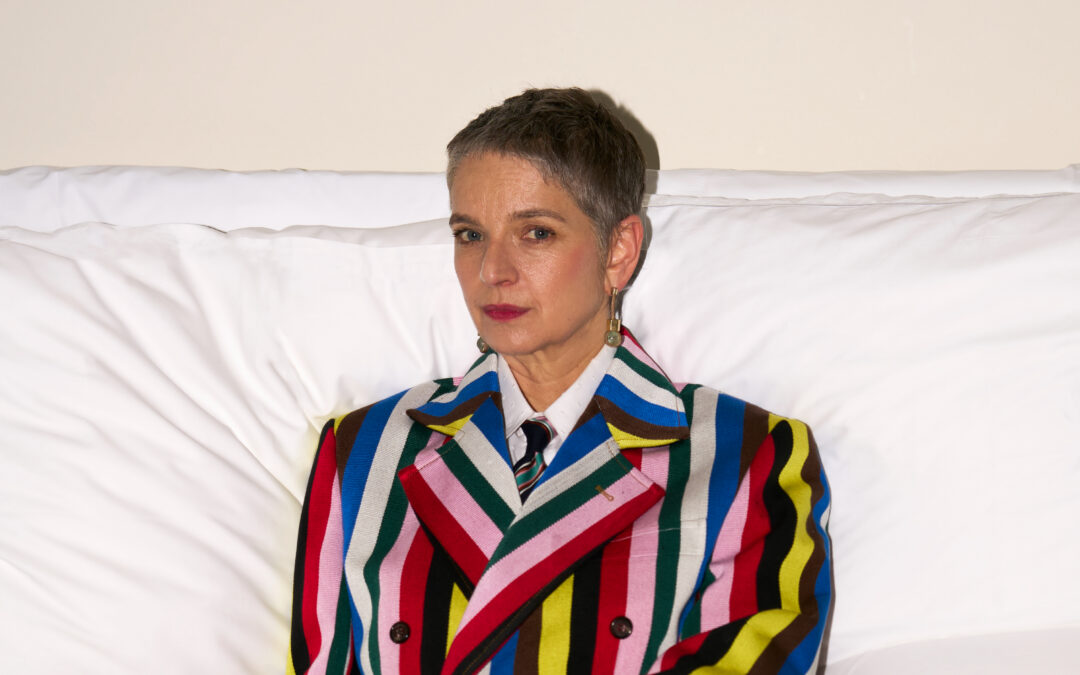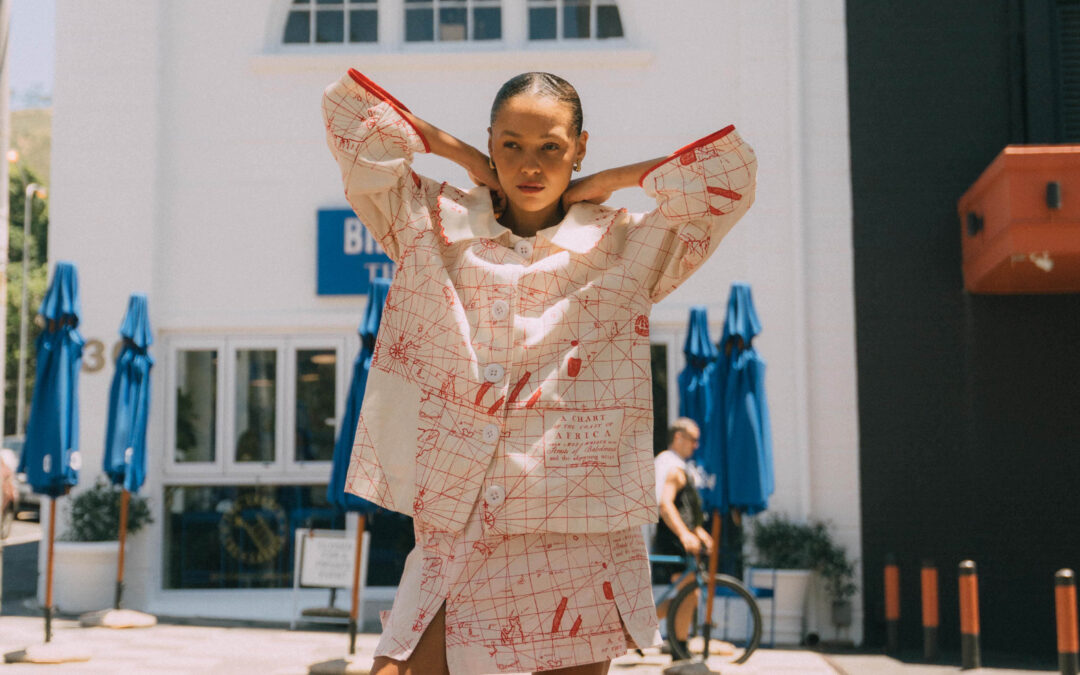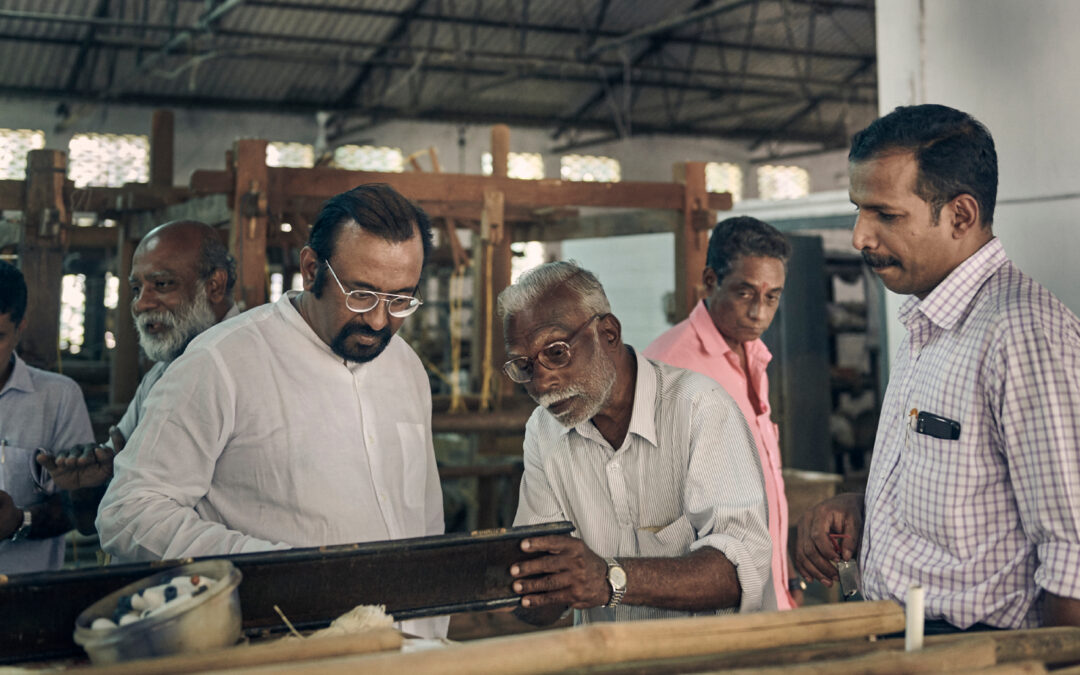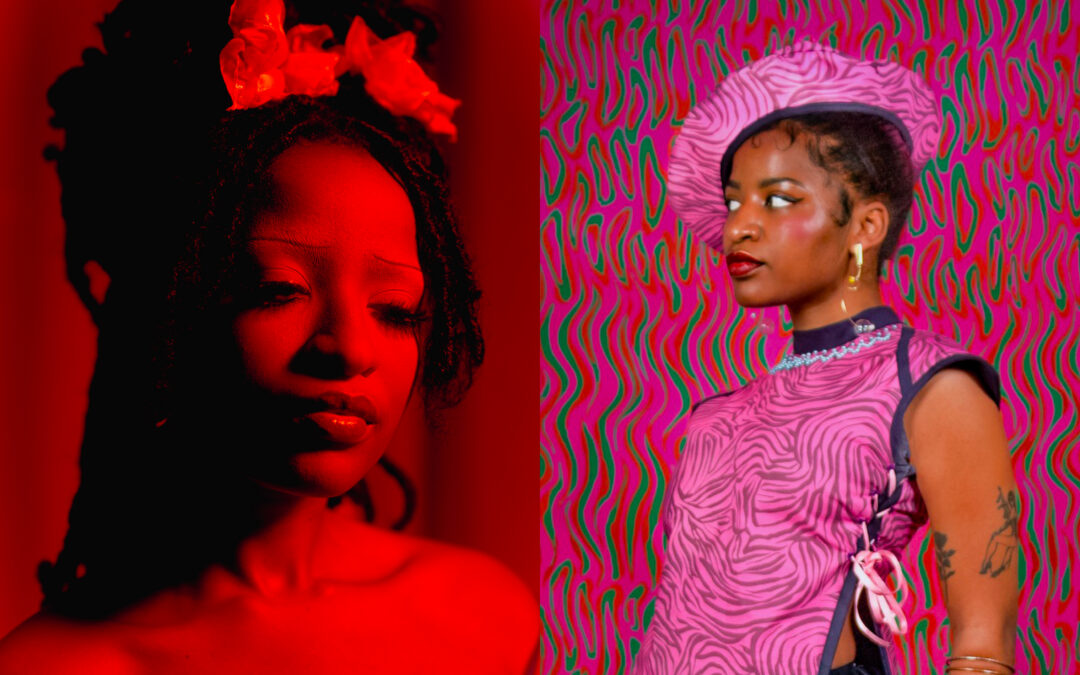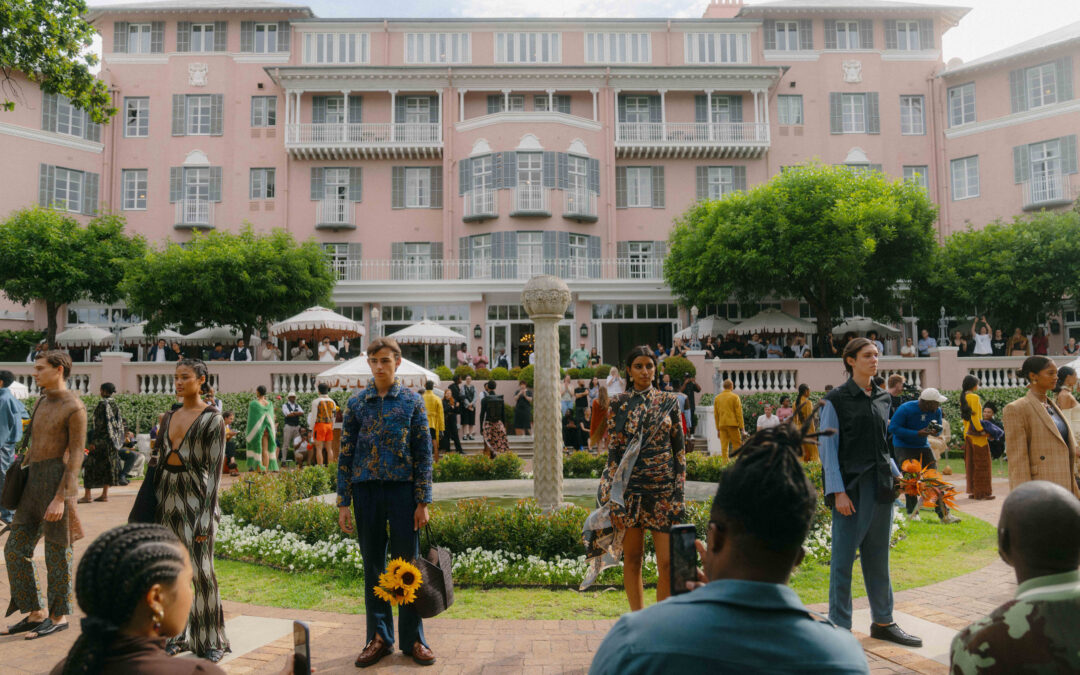The International Woolmark Prize is known to celebrate outstanding fashion talents from around the world who showcase the beauty and versatility of Australian Merino wool. Historically, it is also dubbed as one of the world’s most prestigious fashion awards for any emerging fashion designer. So when this year’s panel of judges awarded both prizes up for grabs – at the ceremony held in London – to designers of colour, it signified somewhat of an iconic moment for Black independent fashion designers all around the globe.
Towards the end of April, an entire panel of judges, finalists and more, congregated in London to crown the winners of the prestigious International Woolmark Prize 2022. This year’s cohort of designers proved to be extremely tough competition, with an extremely talented bunch of hand-picked sustainable fashion designers from all over the world. The finalists included winners Saul Nash (UK) and Mmusomaxwell (SA), as well as Ahluwalia (UK), Egonlab (France), Jordan Dalah (Australia), Peter Do (USA) and Rui (China).
This year’s completion also had a seasoned batch of judges – real experts within their separate pockets of the fashion industry and with enough global luxury experience to impart valuable career advice to these fledgling leaders of sustainable fashion design. The panel of experts included the likes of Carine Roitfeld, Edward Enninful, Ibrahim Kamara, Naomi Campbell, Riccardo Tisci, Tim Blanks and more. These were the elected judges to decide who would take home the two coveted awards.

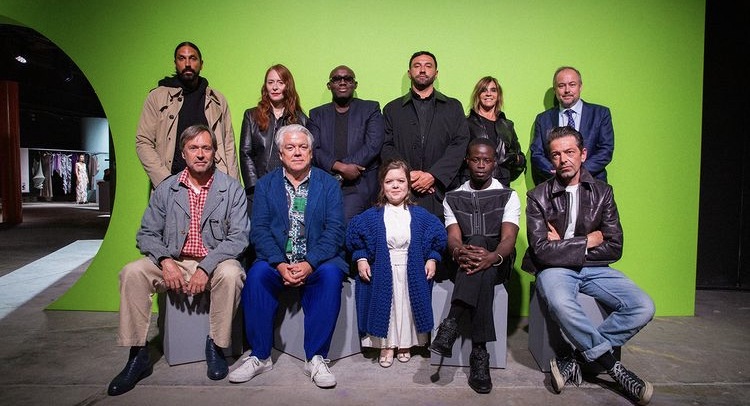
To fully understand how important this award can be to the career of a young designer, we look to the competition’s history. Lucy Maguire & Maliha Shoaib of Vogue write:
“The Woolmark Prize is one of fashion’s most defining awards, and has been given to designers including Giorgio Armani, Yves Saint Laurent and Gabriela Hearst in the past. Last year’s winner Matty Bovan won both the main Woolmark prize and Karl Lagerfeld Award for Innovation, praised for his creativity and use of biodegradable intarsia knits, sourced and produced locally in his native Yorkshire. The winnings from the prize typically fund a designer’s next collection or help them reach sustainability goals.”
According to the International Woolmark Prize website, “The prize has undoubtedly contributed to key moments of contemporary fashion. Early records attribute none other than Valentino Garavani as one of its first winners. In 1954, Yves Saint Laurent and Karl Lagerfeld were also winners, changing the history of fashion forever.”
I feel as if we have achieved some level of progress as a global diaspora of Black creatives. Within an industry which is still largely dictated and dominated by white capitalistic organisations – for both winners of such a western heritage award to be Black is astoundingly commendable.
Saul Nash was awarded the 2022 International Woolmark Prize for his capsule collection titled ‘wool you can dance in’. As a hybrid of designer and choreographer, Nash surprised most by producing an exciting luxury activewear capsule collection using Merino wool. But according to Vogue, just by taking a glance back at the designer’s education, you find an extensive history with knitwear. Lucy Maguire and Maliha Shoaib further write:“The designer had studied knitwear at fashion school but when he embarked upon launching an activewear label, he’d put it aside. With Woolmark, Nash discovered he could use a wool yarn with high density, to produce garments with high elasticity suitable for movement in tops and trousers. For outerwear, he created modular wool garments with bonded seams that are 100 percent waterproof. The designer is excited to continue innovating with wool in future collections, because of its sweat wicking and cooling properties, when created thin enough.”
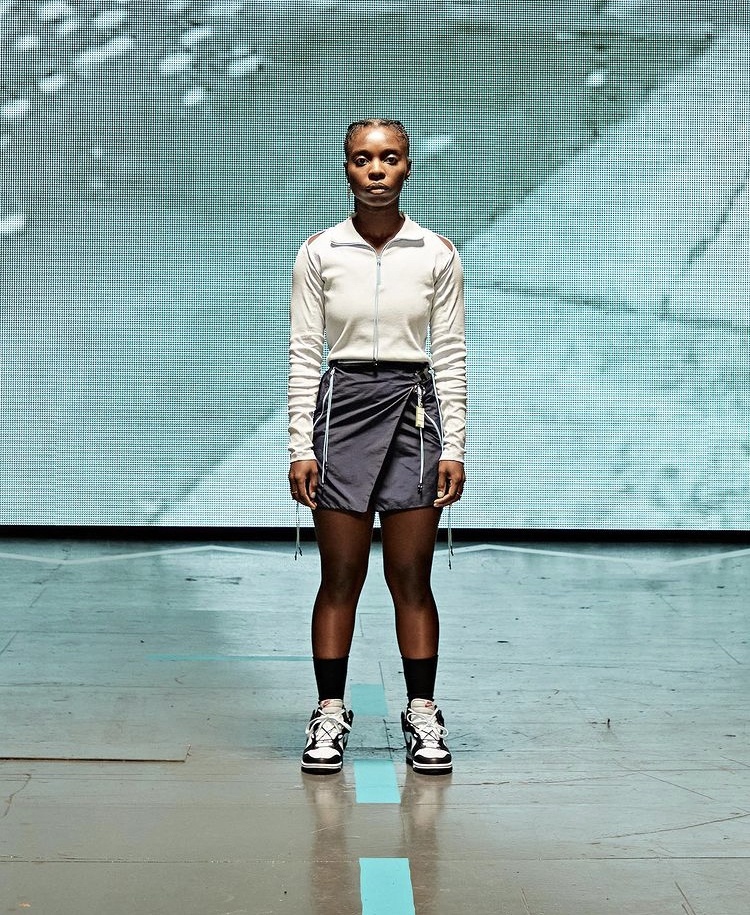
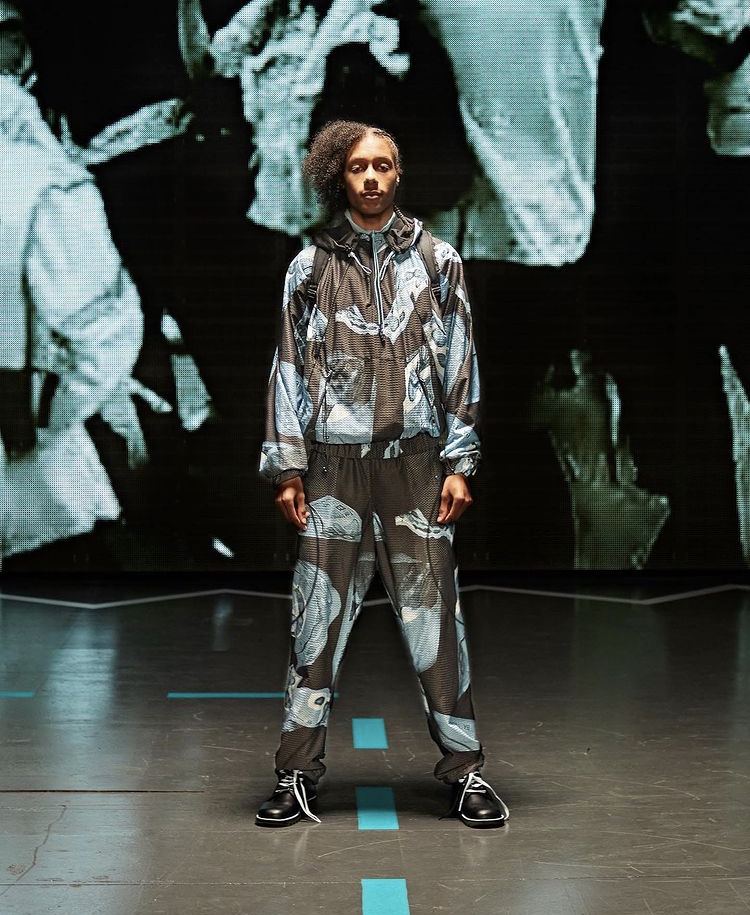
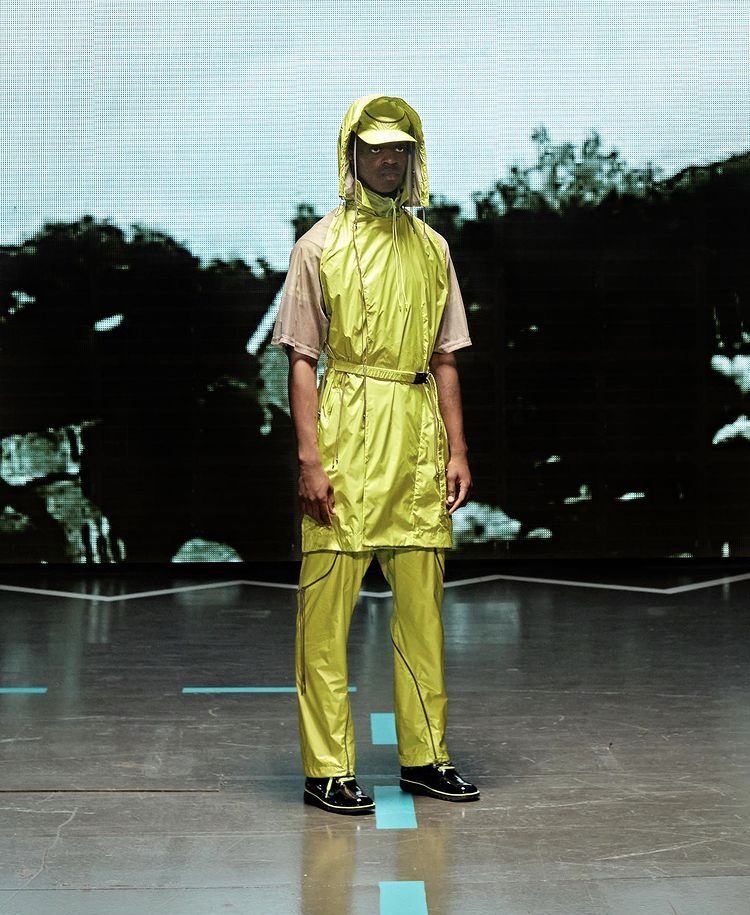
South African luxury design duo, Mmusomaxwell, also took a unique approach to their design process and instead, focused on slow sustainable design and tailoring produced at home in South Africa in order to attempt to uplift our own economy. This also meant that Mmusomaxwell only enlisted the services of local artisans to produce the entire capsule collection, and sourced almost all of their Merino wool locally.
This is due to the designers specific vision of reinjecting money and opportunity back into Africa – regardless of our infrastructural limits when it comes to full-scale sustainable production. In closing, I leave a quote from iconic French fashion editor, Carine Roitfeld, on what she thinks about the South African design-duo:
“I love what Mmusomaxwell is doing and how they explain their work. They have a dream and what they are doing is not just for South Africa, but for a modern, western woman. I think Karl would have loved to have spoken with them today and am sure he would be very happy to give this award to them.”
